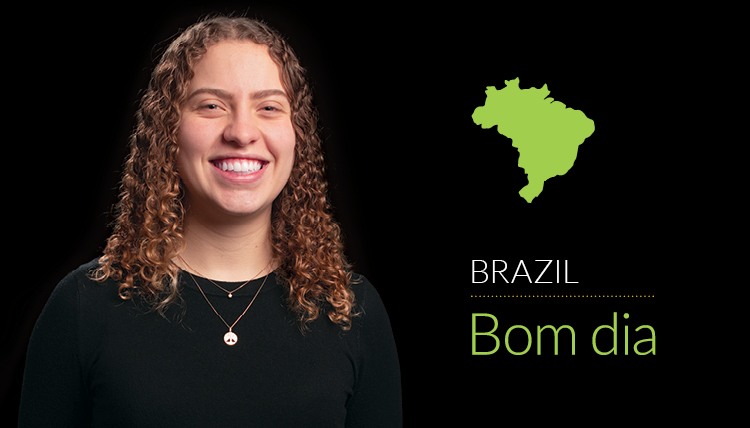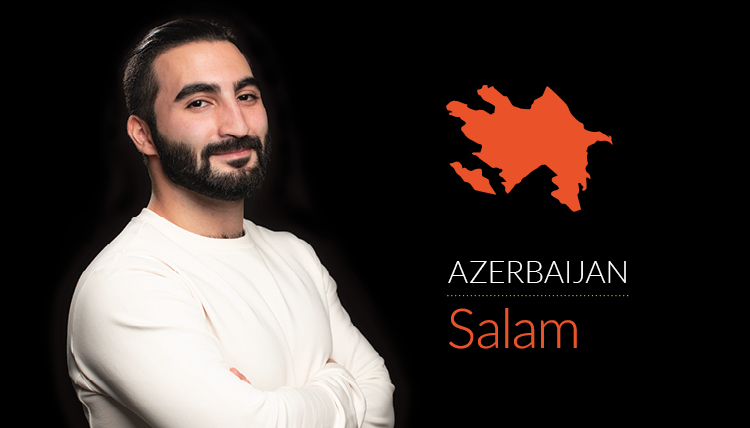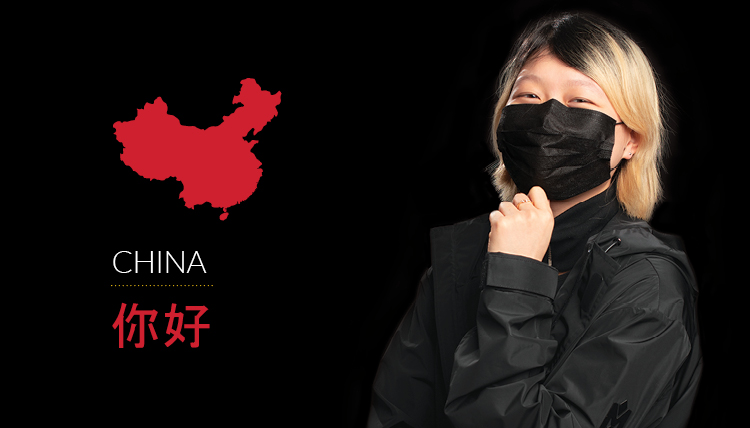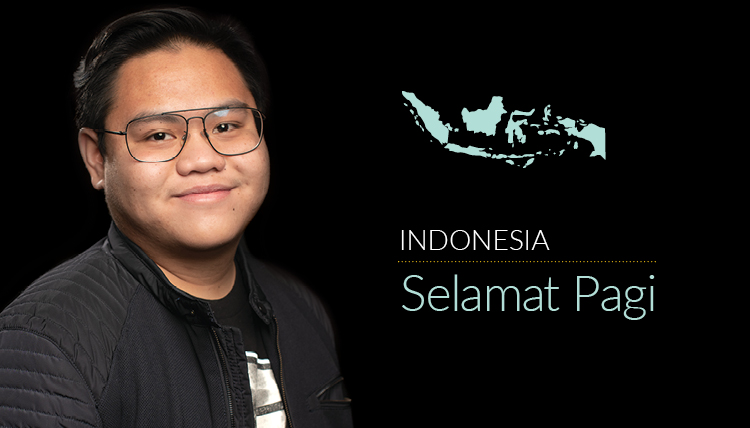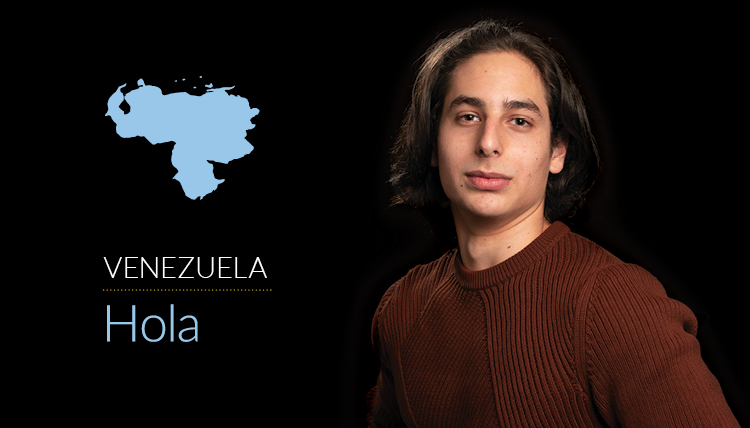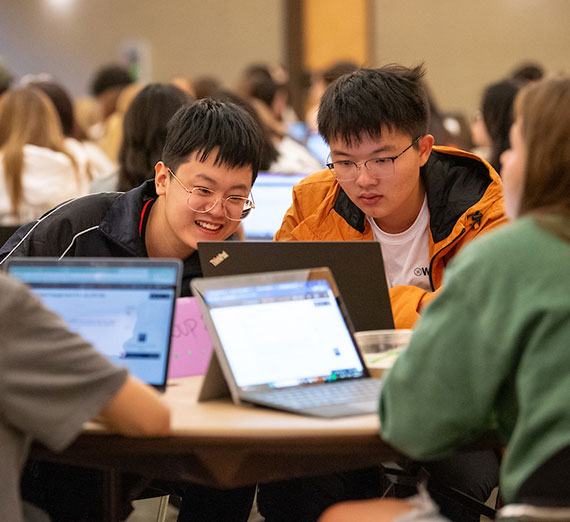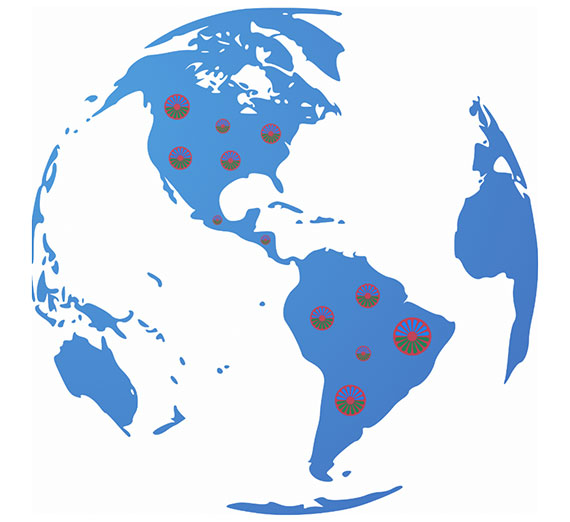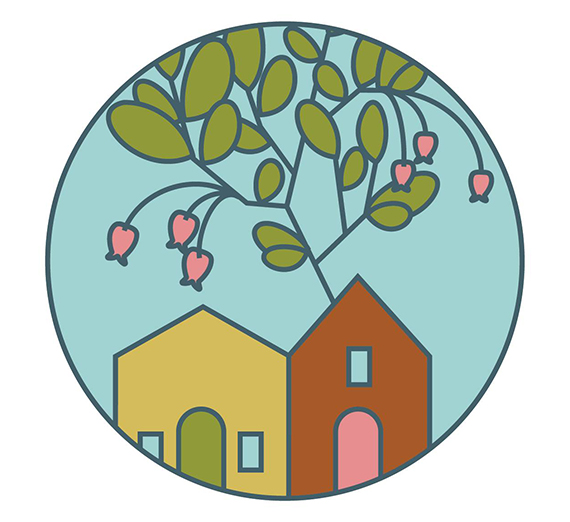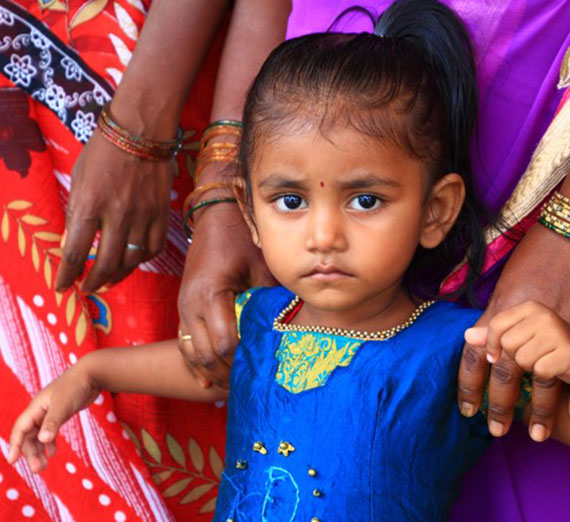A Cultural Buffet
5 international students share about food, festivals and traditions from their homelands, plus ways the classroom experience differs in the U.S.
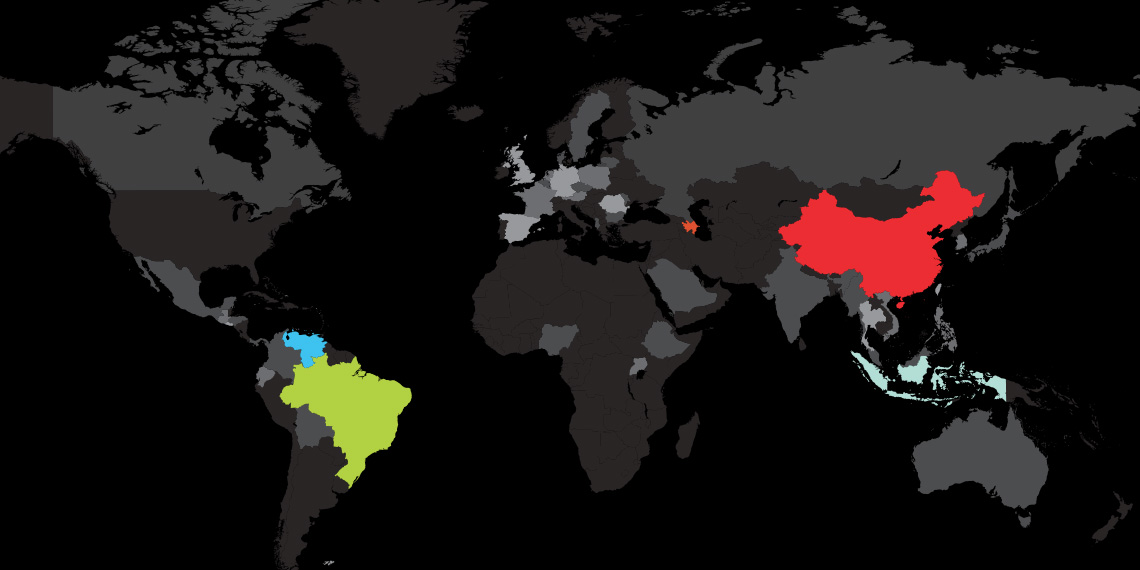
Gonzaga is a second home to 200 international students from 47 countries. Meet a few of them!
BRAZIL: Rafaela ‘Rafa’ Goncalves (’23)
MAJOR: Psychology and Political Science | LANGUAGES: Portuguese, English, Spanish
What do you love to share about your culture?
“People love celebrating life whenever they can.”
What food from home do you miss?
Feijoada, a bean stew with meat; Brazilian seafood and fish; having rice and beans every day.
Are there any myths about your country?
Two common questions amaze and amuse her: Do you have cars in Brazil? And, do you live in the Amazon rainforest?
What funny cultural exchanges do you recall?
Brazilian culture is very warm: Greetings include a hug and a kiss on the cheek. When Goncalves arrived and met her roommate, she instinctively went in for a hug and the roommate went to shake her hand instead.
What religious influences are strong back home?
Brazil has a strong Catholic faith; people are much more faith-oriented than the U.S., and politics often intertwine with religion. It’s also a melting pot for other cultures that originated from African and Indigenous roots that appear in music, food and cultural traditions.
What do you miss?
Family and friends, and Brazilian food and music. Going out into the streets and seeing neighbors together and partying.
How do you celebrate your culture away from home?
“Listening to Brazilian music whenever I can.”
AZERBAIJAN: Mirza Mustafayev (’22)
MAJOR: Mechanical Engineering | LANGUAGES: Azerbaijani, Russian, English
What do you love to share about your culture?
The hospitality. “If you’re a tourist and you end up wasting your money and don’t have a place to stay, you can come to any house and knock on the door … you’ll be welcomed in and fed.”
What is a favorite cultural celebration?
The Persian New Year is an amalgamation of New Year’s Eve, Easter and Halloween traditions. Neighbors trick-or-treat and welcome the spring with sweets and painted eggs. They also set up a campfire and jump over it to represent burning off the bad energy from the previous year.
What do you miss?
Close friends from home, the beach culture, beautiful nature and old architecture in the cities.
What interesting cultural exchanges in the U.S. stand out?
There are a lot of pop culture references tied to people’s childhood memories here. Mustafayev also was surprised by the political differences and the level of free speech.
Are there any myths about your country or culture?
Azerbaijan is 95 to 98% Muslim, so many people assume Mustafayev must be. (He is not.)
How is the classroom experience different in the U.S.?
American professors and students are free to talk about their political views in class without consequences.
How do you celebrate your culture away from home?
Getting together with a couple family members in the U.S. who prepare home-cooked Azerbaijani meals, and receiving packages from his parents containing his favorite sweets from Persian New Year.
CHINA: Wenshan Wang ('25)
MAJOR Mathematics | LANGUAGES Chinese, English
What do you love to share about your culture?
Festivals and philosophy, specifically Confucianism. “We always want to have rules to obey.”
Are there any myths about your country or culture?
Not all Chinese students are good at math, and “we don’t eat dogs.”
What is a favorite food?
Baozi, a kind of dumpling.
What funny experience have you had in the U.S.?
The day Wang arrived, she went out to buy a mop. Then she arrived to discover her dorm room had carpet.
What surprises you about American culture?
Greeting strangers. In Chinese culture, you never greet anyone you don’t already know.
How is the classroom experience different in the U.S.?
“I’m used to standing up to answer a question.”
What do you miss?
Big shopping malls. “Downtown Spokane is so small!”
How do you celebrate your culture away from home?
Wang feels separated from her culture. “I don’t think we keep it with us,” she said.
INDONESIA: Dylan Tantomo ('25)
MAJOR Economics | LANGUAGES Bahasa, English
What do you love to share about your culture?
Indonesia’s cultural emphasis on collective identity compared to American individualism. “We put family first before everything. I’m really proud of it.
What food from home do you love the most?
Indonesian fried rice, beef and chicken skewers, and beef soup served with rice.
Are there any myths about your country or culture?
Some people think that Indonesia is a part of Bali, rather than the other way around.
How do religious practices differ?
Mosques are much more common, and prayer, which happens for 25 minutes five times a day, is easy to fit in with class back in Indonesia. “We never had class during prayer,” Tantomo said. In the U.S., he has to rush right after or before class.
How is the classroom experience different in the U.S.?
“People can say whatever they want. In Indonesia, we have restrictions. We have freedom of speech, but it’s not as free as in the U.S.” The American education system is also much more casual.
What do you want people to know about Indonesia?
How beautiful it is outside of Bali. Indonesia is full of small towns and amazing beaches.
VENEZUELA: Santiago Ramirez ('24)
MAJOR: English as a Second Language | LANGUAGES: Spanish and English
What do you love to share about your culture?
“I love to dance.” His favorites are salsa, merengue and cha-cha.
What food do you love the most?
Arepas, a kind of corn cake filled with protein.
What do you want people to know about Venezuela?
How beautiful it is, with gorgeous hiking trails to some of the biggest waterfalls in the world.
What do you miss?
Family, friends, the way people dance in Venezuela, the music and the parties.
What interesting cultural exchange stands out?
Ramirez went to Costco and was overwhelmed. “It was like, what am I looking for?” He also finds the religious diversity of the U.S. interesting. In Venezuela, everyone is either nonreligious or Catholic.
How do you celebrate your culture away from home?
Dancing, and teaching his American friends different Venezuelan dances (which he hopes to offer more broadly through Rudolf Fitness Center). He’s also a member of La Raza Latina and Spanish clubs, plus the International Student Union.
- Academics
- Arts & Culture
- Diversity & Inclusion
- Global Impact

